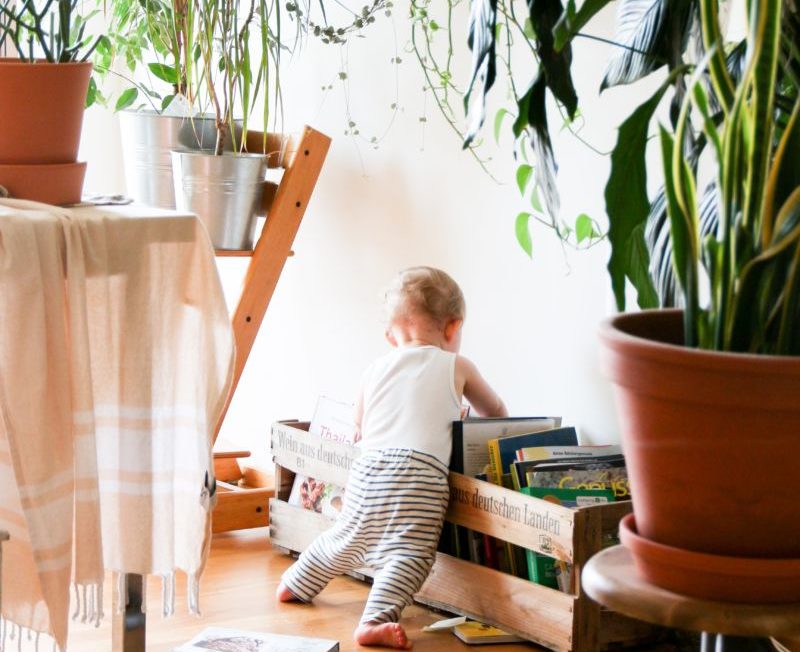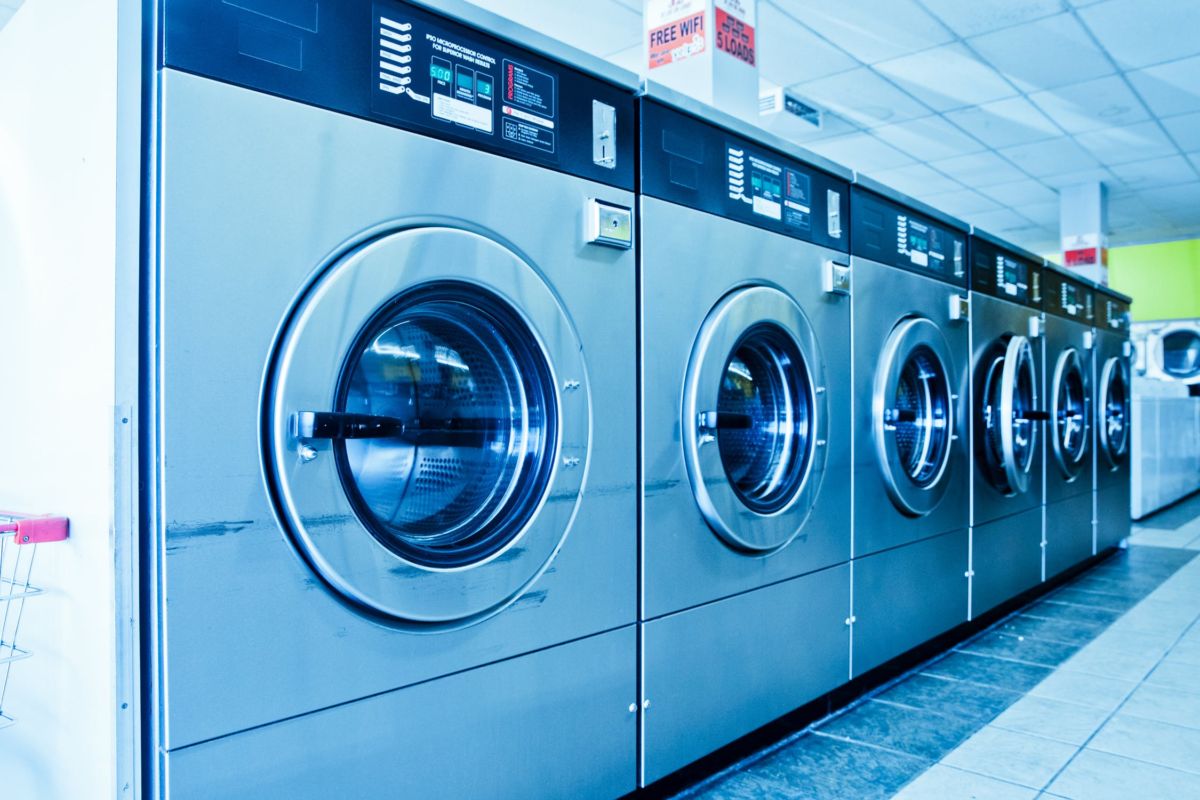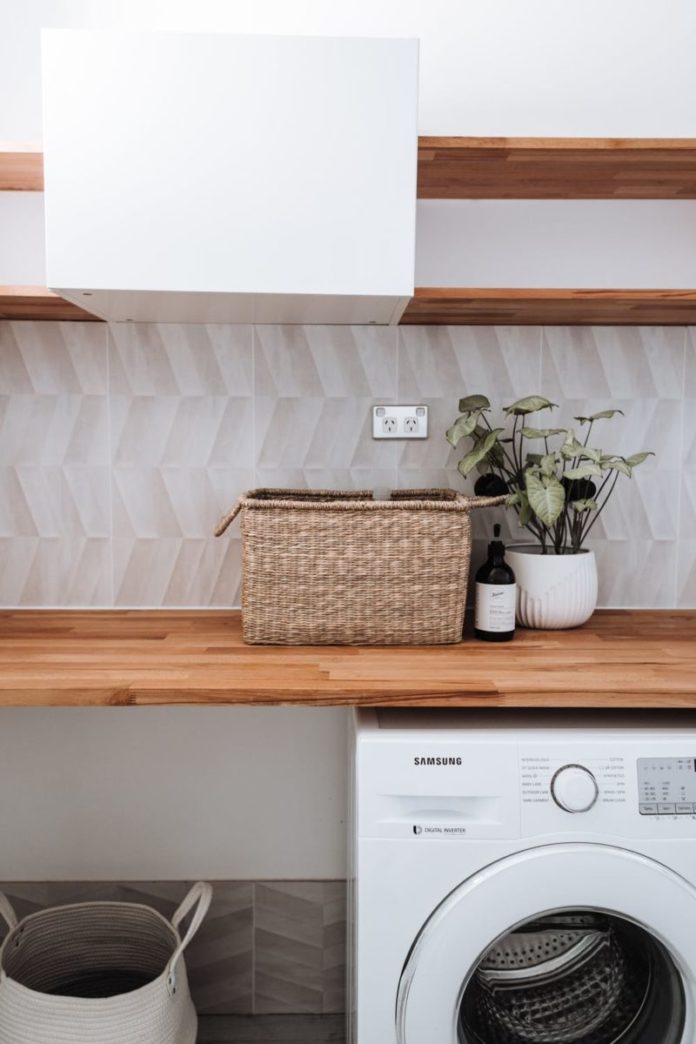When you’re so busy with work and kids, it is a wonder when you would ever find time to do house chores. You can buy a washing machine on sale or get an air fryer to simplify your cooking, but these are just tools that make doing chores a little easier. A better idea is to start teaching your kids how they can help. Children may only be able to contribute a little, but you can start letting go of some responsibilities and train your kids to be independent. Here are some tips to help kids actually feel excited about helping at home.
1. Involve them as early as possible
Children learn about the world from their parents. They imitate what they see their parents doing. So it’s a good idea to let them watch you while you do your house chores, even while they’re still babies. You can put them in a crib or wear them in a sling. In this way, babies can begin to associate chores with positive emotions.
When the kids can walk and have better control of their motor skills, you can already ask them to do simple tasks like putting away their toys after playtime. Doing so teaches kids about responsibility, and that chores are a normal part of life.

2. Get kid-sized tools
Tasks like sweeping the floor or watering plants are age-appropriate house chores for young children to do, but regular tools may be too big or too heavy for little kids to handle. Instead, make these chores more kid-friendly by giving them a small broom set and watering pail to use. If they are old enough to help in the kitchen, they may take their role more seriously when they have their own apron and safe cooking tools.
Kid-sized tools further drive the idea that children have a role to play in these types of activities, and it can help kids feel that their contributions are recognized and appreciated. Additionally, referring to these items as “tools” and not “toys” is useful for reminding children to handle them with care. Identifying what is safe and not safe to play with should always be clear to your kids.
3. Make it fun
Doing chores is a job, but you can also have fun while working. Simple things like blowing bubbles while washing the dishes or folding the laundry into animal shapes inject fun into the experience. You can even use songs as a way of telling time, so they know how long a certain task should take. For example, a child tasked with washing apples can sing one Happy Birthday song for each apple.
Having fun while doing chores together builds positive associations between the two. It helps kids to develop a healthy mindset towards work and responsibility. They may also look at these moments as a special bonding opportunity with you and look forward to doing these tasks.
4. Put up a family chore board
If your kids are still getting used to doing chores, they may forget about their tasks when they are busy or too excited about other things. Help them stay on track by working on a family chore board together and displaying it prominently in your home. You list the tasks of each family member and add a mark for each day the task was completed.
You can also use this board to add some friendly family competition. The member who never misses any of their tasks for the week can choose what to watch for movie night or pick what pizza flavor to order.
5. Helping means “I Love You”
Apart from teaching your kids the importance of doing chores and how to do them, you may want to encourage the development of a helpful attitude. Use helping each other as a love language, and make sure to recognize whenever they make the effort to be helpful or to show initiative. Doing chores contributes to the good of everyone at home, so this can be one of the many ways kids can show their love for their family.
6. Chores aren’t punishment
If you want your children to be excited about doing chores, never use these as a form of punishment. You want kids to have a positive association with household chores so that they would be more willing to do it. Additionally, it’s important to teach kids that chores are part of daily life and not associated with the way they behave.
7. Be a good role model
Children are very impressionable, and they learn how to react to certain situations based on how their parents do. If they see you looking stressed or annoyed while doing chores, they may think of this as a normal reaction. So if you want kids to approach chores with a positive attitude, you have to model this behavior for them. You may not actually feel excited about doing the laundry or doing some vacuuming, but your children will be paying attention to what you do. In time, you may actually start feeling good about chores for real.
Getting your children excited over doing house chores may seem like quite a feat, but it is not an impossible task. It just takes a little patience, a lot of love, and a great role model for the kids to emulate.

About the author: Monica Mendoza is a content writer and marketing professional based in Manila, Philippines. She spends a lot of time studying how technology continues to transform lifestyles and communities. Outside the office, she keeps herself busy by staying up-to-date with the latest fashion trends and reading about the newest gadgets out on the market.
